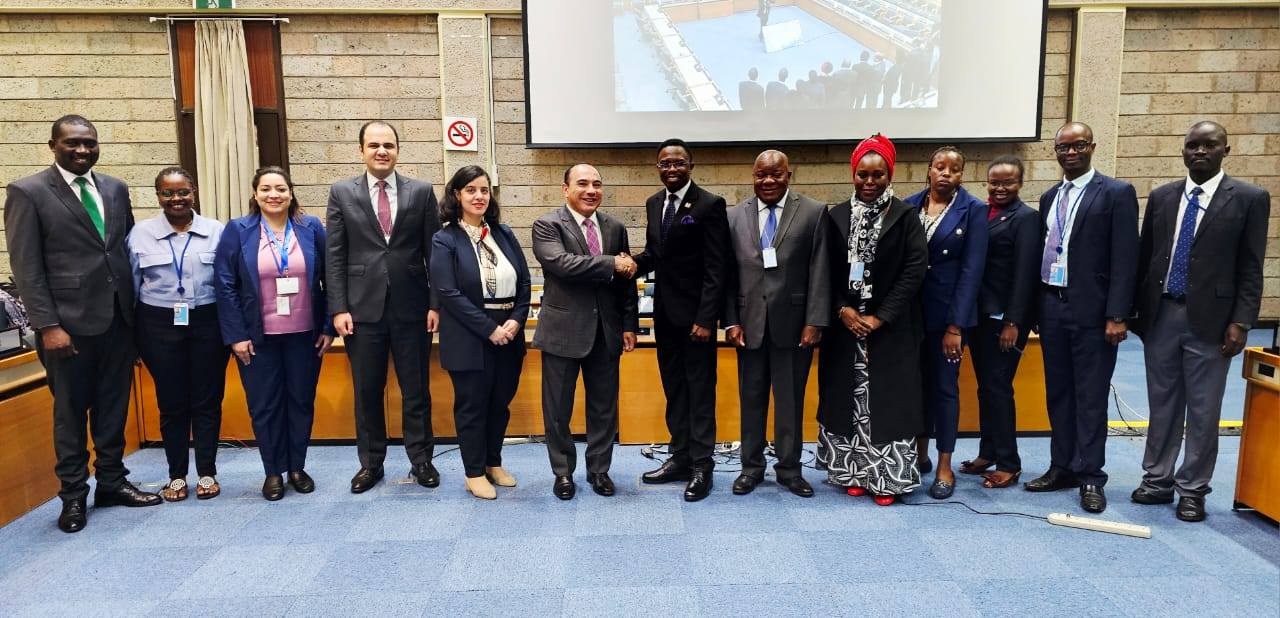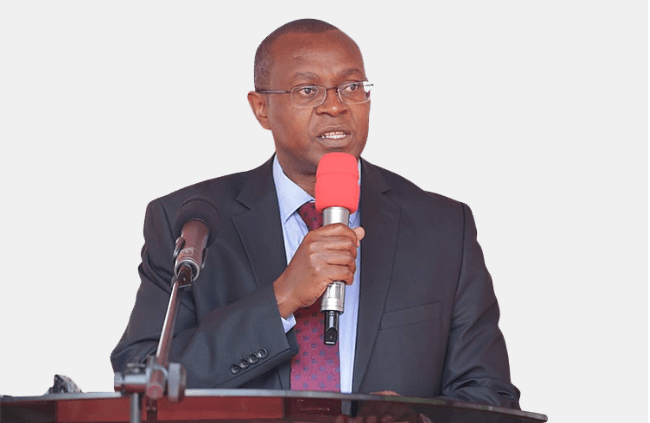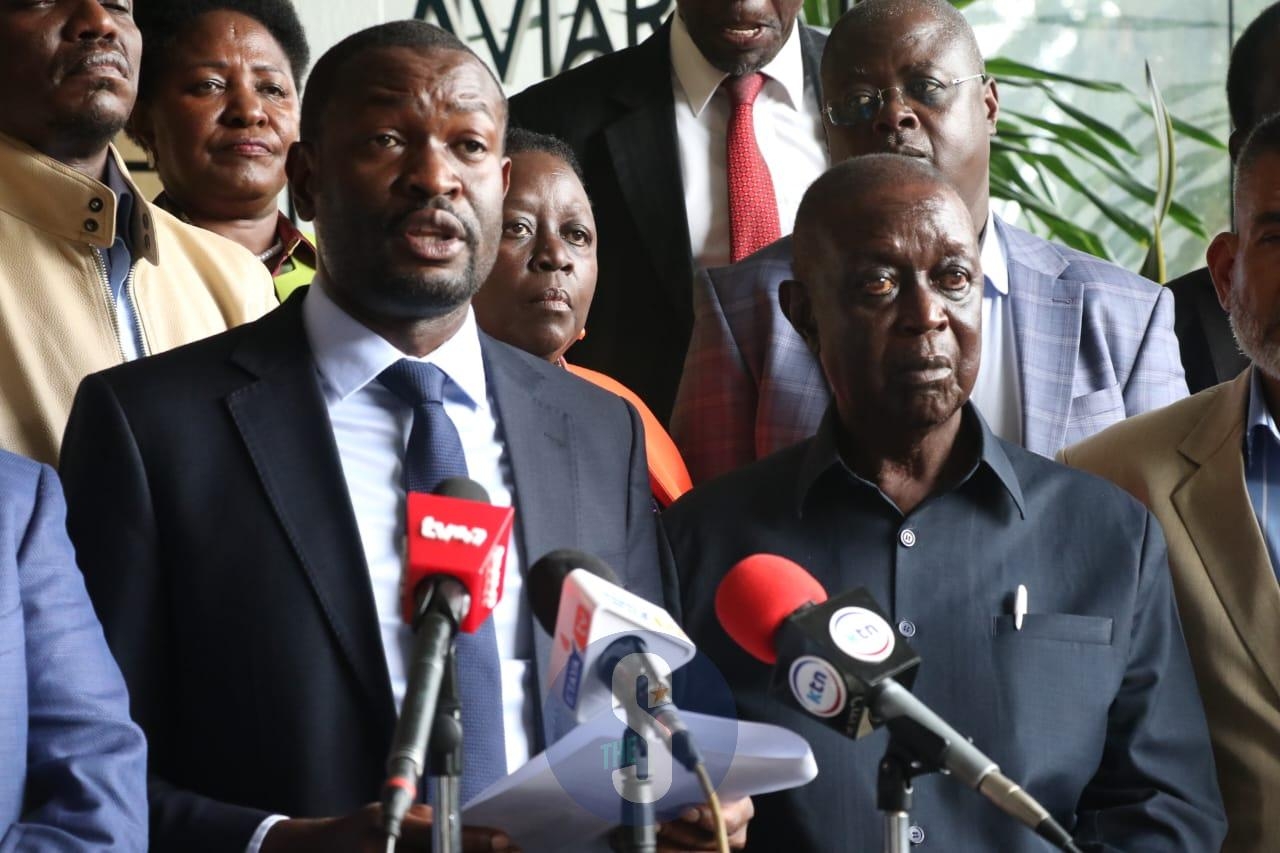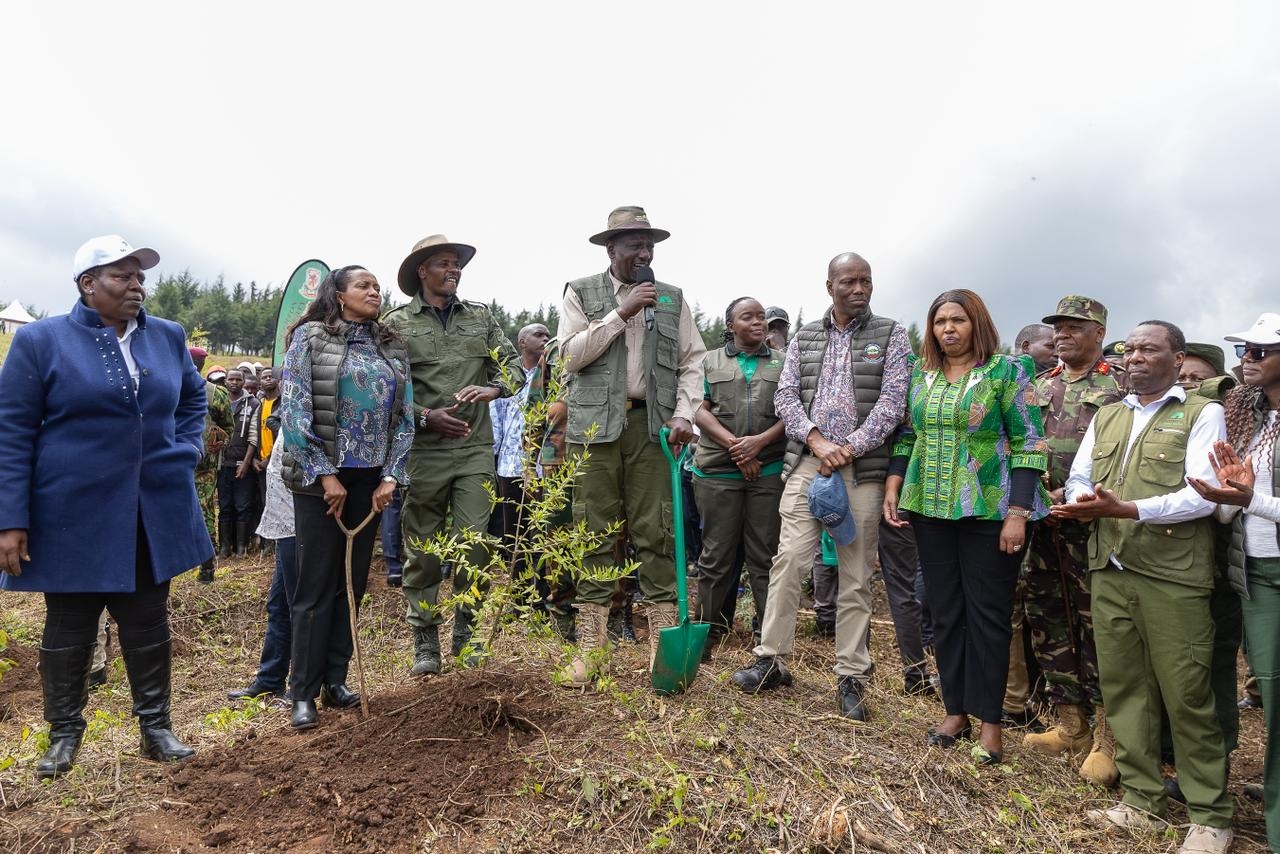 Former CS Ababu Namwamba, along with other G77+ China leaders, during his handover ceremony as the chairman at Nairobi on July 3, 2025/ABABU NAMWAMBA/FB
Former CS Ababu Namwamba, along with other G77+ China leaders, during his handover ceremony as the chairman at Nairobi on July 3, 2025/ABABU NAMWAMBA/FB
Namwamba officially assumed office on July 3, 2025, after the outgoing chair, Ambassador Wael Nasreldin Attiya of the Arab Republic of Egypt, formally handed over the leadership to him during a ceremony.
Egypt’s tenure was marked by steadfast leadership.
Under Egypt’s stewardship, the G77+China advanced the interests of developing nations, with a particular focus on environmental diplomacy and equitable participation in global climate negotiations.
As Kenya assumes the role, Namwamba pledged Kenya’s commitment to enhancing South-South cooperation and advocating for just and inclusive environmental governance.
“Kenya embraces this responsibility with vision and resolve,” Namwamba said.
“We will work to ensure that the voices of developing countries are not only heard but shape the outcomes of global environmental and development dialogues.”
Namwamba is to take up a mantle to head 134 countries, which are G77 member states.
With 134 member states, the G77+China remains the largest intergovernmental coalition of developing nations within the United Nations system.
The G77, initially founded in 1964, is a group of developing countries working together to promote their collective economic interests and enhance their negotiating capacity within the UN.
The chairmanship rotates on a regional basis.
For Kenya, the chairmanship is expected to bring renewed energy to the bloc’s mission of promoting the interests of the Global South, particularly in forums addressing climate justice, biodiversity, and the Sustainable Development Goals (SDGs).
The transition highlights Kenya’s expanding diplomatic presence in multilateral environmental negotiations and its commitment to advocating for the collective interests of developing nations on the global
stage.












